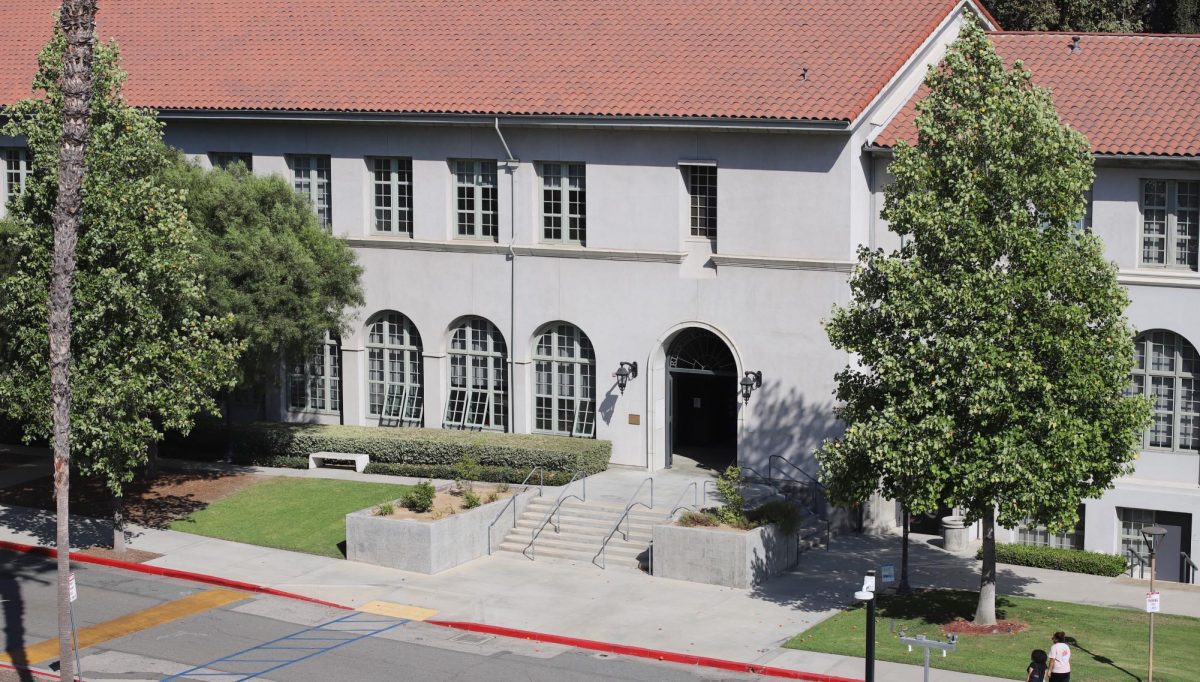By Steve Thomsen / Staff Writer
By Steve Thomsen / Staff Writer
Warning: This review is about to spoil to ending of the movie.
OK, you’ve been warned. Mark Zuckerberg, co-founder and designer of Facebook, becomes the youngest billionaire in the world. There, the spoilers are now over. You might already know that if you’ve read Vanity Fair’s “Top 100 Most Influential People of the Information Age,” or anything about the young protagonist of David Fincher’s “The Social Network.”
But to become such a monumental figure in popular culture, you’re bound to step on a lot of toes. And these are the juicy details that move the plot of this, maybe not the most factual but definitely the most entertaining movie of recent years.
The movie starts with an interesting fact: women will forgive Zuckerberg, portrayed by a brilliant Jesse Eisenberg, for being a computer nerd, but not for being a bad guy. He is told this by his girlfriend, who breaks up with him at a bar and leaves him to ponder his single-ness on LiveJournal.com.
Zuckerberg drunkenly writes a few posts he goes on to regret about his now-ex, and in his impaired frustration writes the program for a website called “FaceMash.” In FaceMash, college students can choose between two faces of girls from the various residential halls on the Harvard campus and decide which one is more attractive. It went on to crash the Harvard servers with its flooded traffic. Although it irked a lot of people, namely the Administrative Review Board of Harvard, it also got a lot of people’s attention. We are made aware early on that this is Zuckerberg’s specialty: breaking things in order to have them rebuilt for the better.
Identical twins Cameron and Tyler Winklevoss, whose interests include rowing tournaments and berating new pledges, propose a site in which the most elite e-mail address in the country, harvard.edu, can be used to connect with other students on campus through a website that features bios, pictures, and other such personal information. The idea was called ConnectU, and they wanted Zuckerberg to design it. Zuckerberg says he will help, then returns to his dorm to re-invent the idea into something that becomes one of the most profitable ideas of all time.
With an initial investment from his friend Eduardo Saverin (Andrew Garfield) of $1,000 he builds and launches “The Facebook.” Did this idea stem from ConnectU? Of course it did. And the Winklevoss twins are enraged, instantly sending the protagonist a cease and desist letter. But, as Zuckerberg rationalized it, “just because someone creates a chair, doesn’t mean you owe him money because you created a better chair.”
The movie’s plot is unfolded in two timelines: the events that led to the creation of Facebook and the legal battle that identifies the events that led to the creation of Facebook. The parallel storytelling is one of the film’s strongest aspects of the movie because it helps you see the events from a personal and legal standpoint, and does so in a completely comprehensive fashion.
Fincher, who directed the underground hit “Fight Club,” has a dark, ominous style of directing. It works here, depicting our generation with a tone as brooding as the decadence portrayed. And there is decadence: the groupies, the parties, and the friends that came with the fame, including Sean Parker, inventor of Napster, played by none other than Justin Timberlake.
This is all enhanced by the brilliant soundtrack scored by the immortal Trent Reznor of Nine Inch Nails and his collaborator Atticus Ross. The electronic score is one of the strongest points in the movie, always technical and analytical with just a hint of darkness. Just like Zuckerberg himself.
As mentioned, various media outlets have stabbed at the film’s factual content. This includes the Los Angeles Times and even Zuckerberg himself, who wouldn’t put any ads for the movie on Facebook. It’s clear that the motivations the film sets for the main character is probably mostly fiction.
The script is deep and amazingly insightful to the information age, the central theme to the movie. But the details about the motivations for the various characters are more of a vehicle for a plot that leads to the very real fact that a kid took a simple idea and turned it into the most profitable business ventures of all time. The screenplay by Aaron Sorkin is razor sharp and quick witted. It was also nice to see a brief cameo by Sorkin himself as a potential investor in Facebook.
In this day and age, where everything we do is dictated by our tweets, digital streaming media, and status updates, there can be no more entertaining story to tell than that of the creation of Facebook. If you can forgive the film’s factual errors, you’ll find one of the most enjoyable movie-going experiences of the decade.






